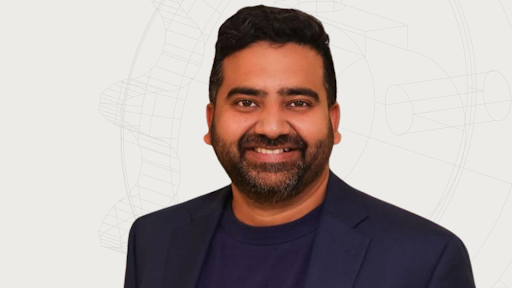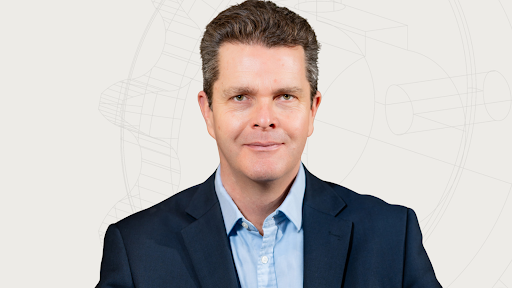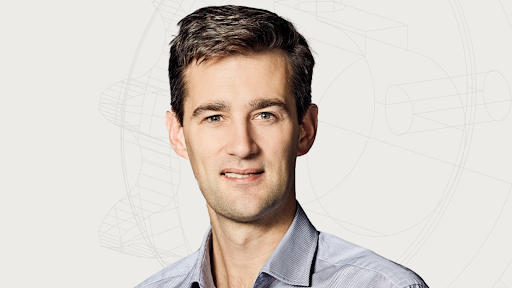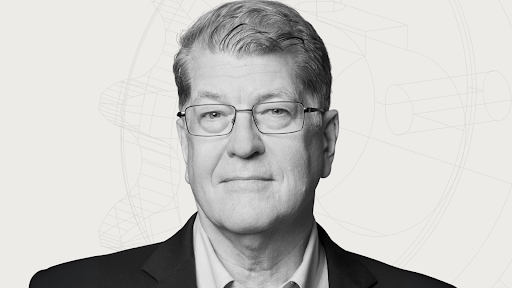
At Telescope, we’re proud to spotlight bold thinkers shaping the future through innovation, equity, and collaboration. In this Telescope Lens Q&A, we talk with Abhilash Mishra, founder of Equitech Futures, an international fellowship and innovation lab supporting technologists working at the intersection of emerging technology and the public good. From the promise of AI to the power of cross-disciplinary collaboration, Abhilash shares how Equitech is helping build a more inclusive and accessible tech ecosystem, and why investing in networks of global problem-solvers is essential for a future that works for all of us.
____
What do you work on daily, and how is that work connected to Telescope?
My work at Equitech Futures is to discover and support the next generation of technologists trying to change the world and build solutions at the intersection of technology and the public good. I am really grateful to Telescope for the kind of networks it opens up, which allow for connections between leaders and entrepreneurs like me with pockets of funding and other partners who can come together and help support these next-gen technologists who are changing the world.
What's a problem that feels out of reach today but that you think we have a chance to solve in the next five years thanks to emerging tech?
Technology today still remains inaccessible to large parts of the global population. If you look at users in Latin America, Africa, and South Asia, that’s more than half of humanity. Most people in these regions still struggle to access technology.
That’s not because they don’t have internet or mobile phones. It’s because the products and tools on these platforms aren’t available in their languages or aren't built for users who may not be able to read but could understand voice bots better than written text.
AI has real potential to solve this last-mile access problem. People may have connectivity, but they still lack products designed specifically for them. AI can reduce the cost of creating hyper-localized, hyper-tailored tools, making technology truly accessible on a global scale.
When you hear the phrase “future that works for us,” what does that look like to you and how is your work helping to bring a vision like that to life?
When I think of a future that works for all of us, I think of a world where humans have greater agency over their choices, their environments, and the way they shape their communities. Technology can sometimes feel like it limits human agency. The work we do aims to enable people to improve their own agency and support others in doing the same. That is the kind of future where we all thrive together.
Is there someone you've met recently or been reading or listening to who's doing work that inspires you, advancing security and prosperity in a particular way?
There are so many people, so this is really hard. Someone I've been reading and listening to a lot is Ezra Klein at the New York Times. Ezra Klein and Derek Thompson wrote a book called Abundance, which has a set of ideas I really resonate with. I think these ideas need to be taken seriously if we want to increase prosperity and security in the age of AI.
I really admire both of them for their perspective and their optimism about how technology can transform American life in particular. But I also think their ideas apply in many other parts of the world. They are also thoughtful about the responsible development of technologies and offer compelling proposals for how that should happen.
What kind of advice do you give to younger colleagues about what they should be learning and focusing on to be ready for what’s next?
A lot of conversations about technology focus on the tools themselves, what they can do, while ignoring the real problems in communities. The advice I give to Equitech scholars is to focus on the problems. Engage deeply with the challenges they see in their lives and communities, and let those experiences and questions guide the solutions they want to build.
It is the problems that should dictate the tools,not the other way around. That belief is central to our ethos at Equitech Futures.
Was there a moment of cross-collaboration inside of the Telescope model or elsewhere that surprised you,where you found yourself working with someone unexpected, and it led to something productive?
Yes. I actually work a lot with artists and people from the humanities. I find their perspectives deeply refreshing. They bring important insights about what we should teach and how we should build communities. I’ve learned a lot from them.
These voices are often overlooked in traditional technology development, and I think that’s a mistake. Artists have helped us think about how to design more accessible platforms and online experiences that spark joy instead of addiction. Those conversations have really enriched my experience at Equitech Futures.
What I love about the Telescope model is how it brings together amazing, ambitious innovators, funders, and policymakers under one umbrella. It’s trying to catalyze a new way of working and creating impact through networks, rather than leaving people to go it alone. That is something I find really inspiring.
Watch a video clip from the interview on our YouTube channel



.png)
In this Telescope LENS Q&A, we talk with David Winickoff, Head of the Responsible Innovation Unit at the Organization for Economic Cooperation and Development (OECD). From his perspective bridging academic expertise with international policy development, David shares insights on how to realize the enormous potential of emerging technologies while managing risks—and why anticipating technological change, rather than reacting to it, is key to building a better future.
.png)
In this Telescope LENS Q&A, we talk with Dr. Rumman Chowdhury, CEO and founder of Humane Intelligence Public Benefit Corporation and co-founder of the nonprofit Humane Intelligence. From her perspective as both a social scientist and AI ethics pioneer, Rumman shares insights on bridging the gap between technology development and what people actually want to see in the world—and how everyday voices can shape the AI systems being built around us.
.png)
In this Telescope LENS Q&A, we talk with Erika Staël von Holstein, Co-Founder and Chief Executive of Re-Imagine Europa. Drawing from her expertise in neuroscience and narrative strategy, Erika shares insights on how our thinking patterns shape reality, why we need to listen to those we disagree with, and how AI can help us build wiser technology by understanding the limits of our own narratives.
.png)
In this Telescope LENS Q&A, we talk with Michelle Giuda, CEO of the Krach Institute for Tech Diplomacy at Purdue University. From her perspective as both a former student athlete and a leader in global technology policy, Michelle shares insights on how the United States and its allies can deliberately shape a future of freedom, prosperity, and security, powered by trusted technology and new models of collaboration.
.png)
In this Telescope LENS Q&A, we talk with Kristen Edgreen Kaufman, Senior Vice President of Global Impact Initiatives at the U.S. Council for International Business (USCIB). With extensive experience bridging global public policy and private sector interests, Kristen shares insights on fostering innovation ecosystems, building coalitions across political divides, and ensuring American competitiveness in emerging technologies.
.png)
In this Telescope LENS Q&A, we talk with Chris Massey, founder and CEO of The Brds Nst. Drawing from his diverse experience across government and private sector, Chris shares insights on demystifying government for entrepreneurs, the transformative potential of AI across healthcare and elder care, and how innovation can serve both security and prosperity when we all "row in the same direction."
.png)
In this Telescope LENS Q&A, we talk with Heather Panton, General Counsel at Labrys Technologies. A former national security lawyer in the UK government who transitioned to the startup space two years ago, Heather shares insights on building compliance into innovation from the ground up, bridging the gap between private sector innovation and government needs, and creating technology that serves the public good.


